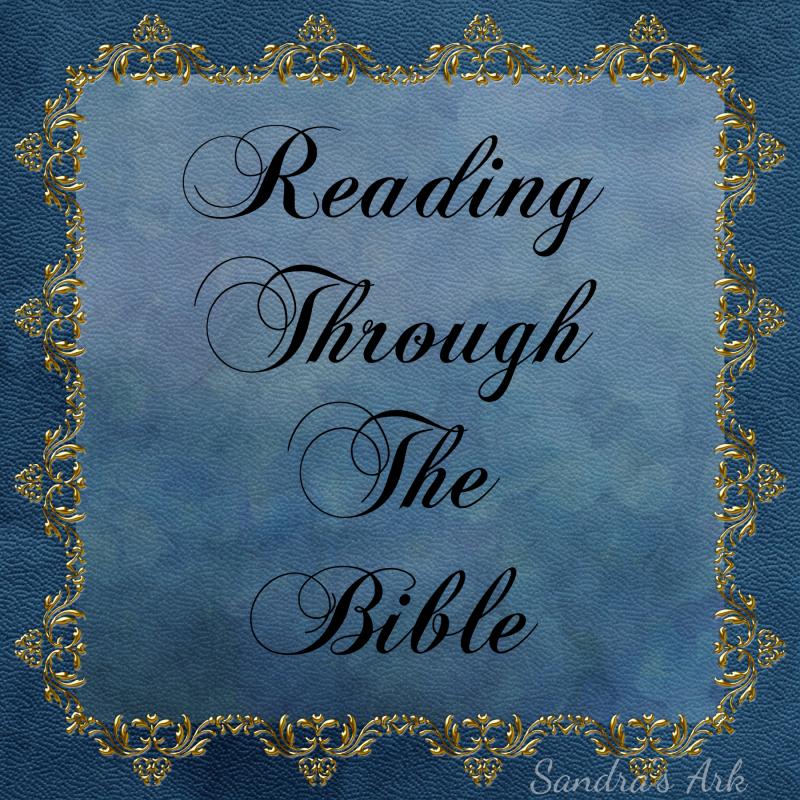The Bible is a collection of sacred texts that hold profound significance for millions of believers around the world. Among these texts, some books are notably shorter than others, making them unique and often overlooked. Understanding the shortest books of the Bible can enhance your reading experience and provide insights into key themes and messages. In this article, we will explore the shortest books of the Bible, their content, context, and the lessons they impart. We aim to provide a thorough analysis that caters to both casual readers and those seeking deeper spiritual understanding.
As we delve into the shortest books, we will examine the reasons why these texts are essential to the overall narrative of the Bible. These books, though brief, encapsulate vital teachings and stories that resonate with readers across generations. By highlighting their significance, we hope to encourage a more profound engagement with the Scriptures.
This article will feature a detailed overview of each of the shortest books, their authors, and the historical context in which they were written. Whether you are a lifelong believer or just beginning your journey through the Bible, this guide will serve as a valuable resource to enrich your understanding of these concise yet powerful writings.
Table of Contents
- 1. Introduction to the Shortest Books of the Bible
- 2. Understanding the Significance of Short Books
- 3. List of the Shortest Books of the Bible
- 4. Overview of Each Book
- 5. Themes and Lessons from the Shortest Books
- 6. Conclusion
- 7. Call to Action
- 8. References
1. Introduction to the Shortest Books of the Bible
The Bible consists of 66 books, each varying in length and depth. Among these, the shortest books often provide succinct messages that deliver powerful truths. While many readers may gravitate towards the more extensive narratives found in books like Genesis or Psalms, the shorter texts offer clarity and focus, often addressing specific issues or conveying essential teachings concisely.
2. Understanding the Significance of Short Books
Short books in the Bible can sometimes be dismissed as less important due to their brevity. However, these texts often contain critical insights and themes that contribute to the overall message of Scripture. Their concise nature encourages readers to reflect deeply on the messages conveyed and to consider their relevance in today's context.
3. List of the Shortest Books of the Bible
The shortest books of the Bible, based on the number of verses, are:
- Obadiah (1 chapter, 21 verses)
- Philemon (1 chapter, 25 verses)
- 2 John (1 chapter, 13 verses)
- 3 John (1 chapter, 14 verses)
4. Overview of Each Book
4.1. Obadiah
Obadiah is the shortest book in the Old Testament, consisting of just 21 verses. This prophetic text primarily addresses the nation of Edom and its mistreatment of Israel. Obadiah conveys a message of judgment against Edom for its pride and violence, emphasizing God's sovereignty and justice.
4.2. Philemon
Philemon is a letter from the Apostle Paul to Philemon, a Christian slave owner. This book, containing 25 verses, focuses on themes of forgiveness and reconciliation. Paul appeals to Philemon to accept back his runaway slave, Onesimus, not just as a servant but as a brother in Christ.
4.3. 2 John
2 John is a brief epistle consisting of 13 verses, addressed to "the chosen lady and her children." This letter warns against false teachers and encourages believers to remain steadfast in their faith and love. It highlights the importance of truth and adherence to the teachings of Jesus.
4.4. 3 John
3 John, with 14 verses, is another letter from the Apostle John. It commends Gaius for his faithfulness and hospitality while criticizing Diotrephes for his pride and refusal to accept true teachers. This book underscores the importance of supporting fellow believers and recognizing those who serve the truth.
5. Themes and Lessons from the Shortest Books
Despite their brevity, the shortest books of the Bible contain profound themes that resonate with contemporary readers. Key themes include:
- Judgment and Justice: Obadiah reminds us of the consequences of pride and violence against others.
- Forgiveness and Reconciliation: Philemon emphasizes the importance of restoring relationships, even when circumstances seem complicated.
- Truth and Deception: 2 John cautions against false teachings and encourages believers to uphold the truth of Christ.
- Hospitality and Support: 3 John highlights the significance of being supportive of fellow believers and recognizing their contributions.
6. Conclusion
In conclusion, the shortest books of the Bible serve as powerful reminders of essential spiritual truths. Though they are brief, they offer insights that can transform our understanding of faith and relationships. Engaging with these texts allows readers to explore profound themes in a focused manner, encouraging deep reflection and application in their lives.
7. Call to Action
We invite you to explore these shortest books of the Bible further. Take time to read each book and reflect on its messages. Share your thoughts in the comments below, and feel free to recommend this article to friends and family who may benefit from a deeper understanding of these significant texts.
8. References
For further study and references on the shortest books of the Bible, consider the following resources:
- The Holy Bible, New International Version
- Commentary on the Minor Prophets by John Calvin
- The Letters of Paul: A Commentary by F.F. Bruce
- New Testament Theology by George Eldon Ladd
Harry Styles Ex: A Deep Dive Into Relationships And Their Impact On His Life And Career
Exploring The Lives Of Jonas Brothers' Parents: A Deep Dive Into Their Influence And Legacy
Cast Of Duck Dynasty Net Worth: A Comprehensive Guide
![What Are the Shortest Books in the Bible [BiblePeople]](https://i2.wp.com/www.bible-people.info/wp-content/uploads/2024/03/shortest_books_in_bible.jpg)

